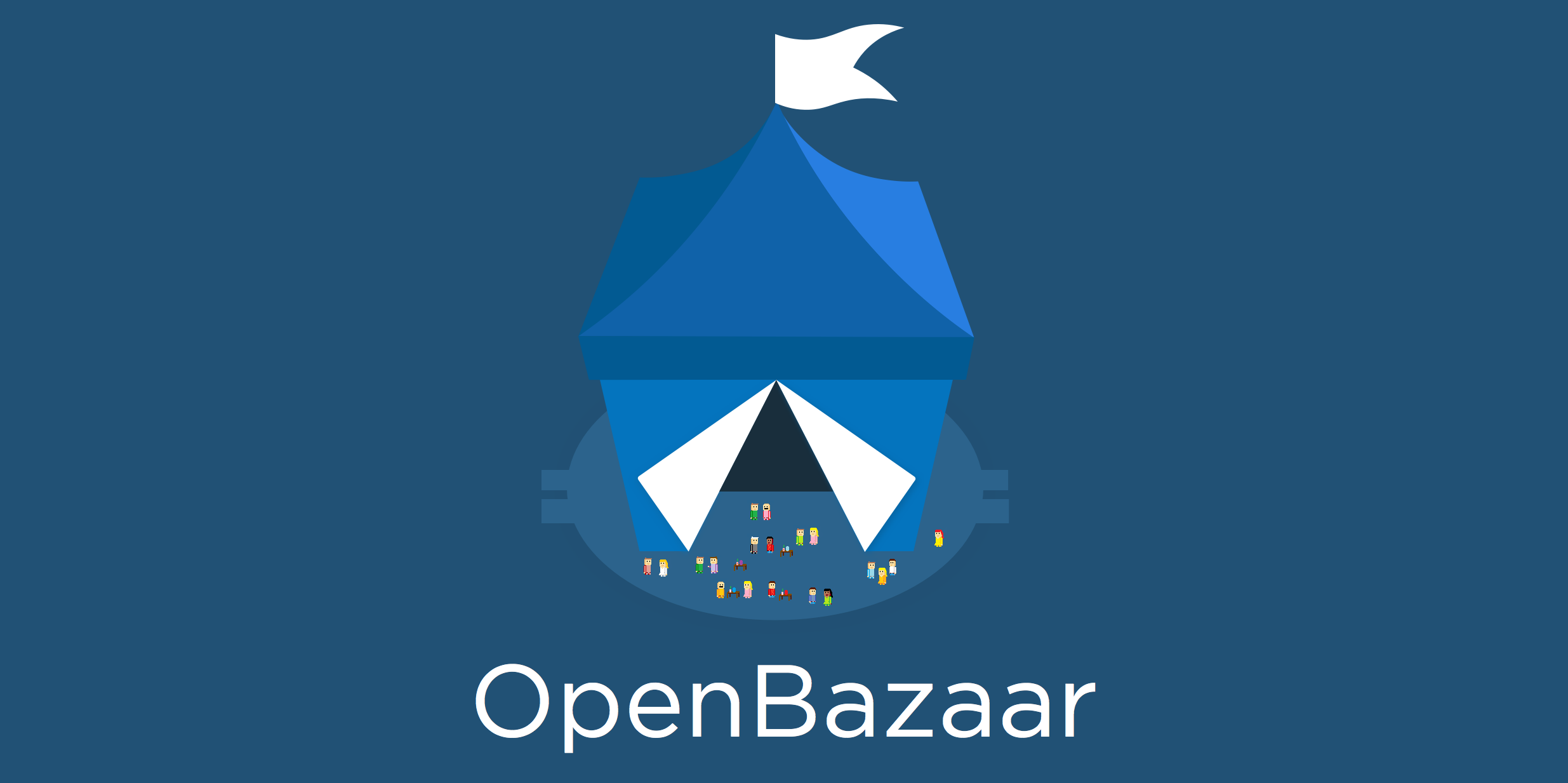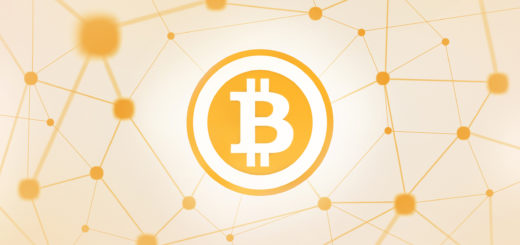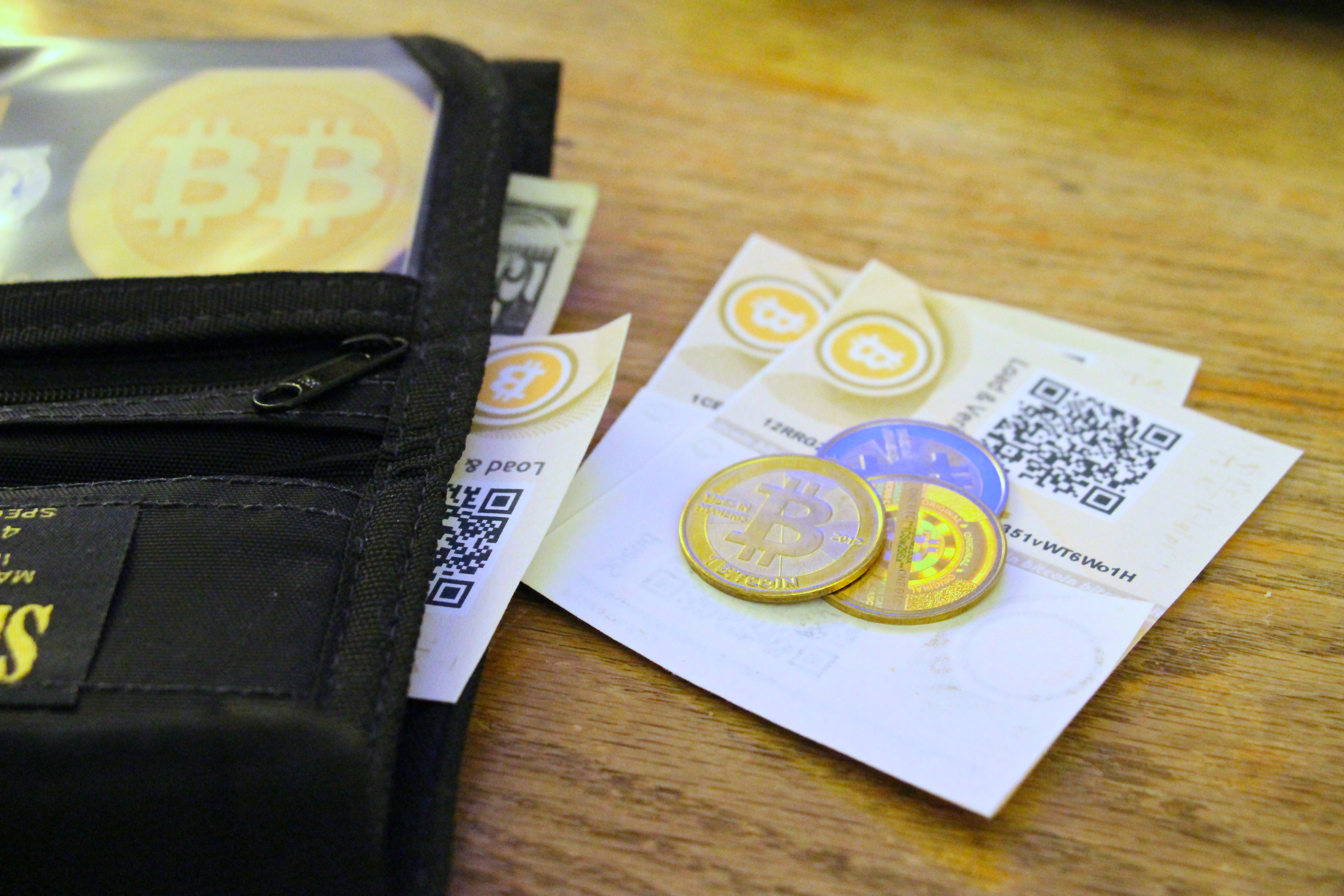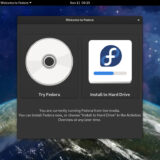What are Bitcoins?

One trending topic recently has been Bitcoin, and when I say recently I mean more than a year. I’ve had many friends coming at me to ask “Hey… mark, since you are into that stuff, do you know what Bitcoins are?” (The only thing that confuses me is what that stuff is. :S)
What are Bitcoins?
Well then, this is an easy answer: Bitcoins are a form of cryptocurrency, a virtual currency achieved through cryptography. Confusing, huh? Well it’s simpler than you might imagine. The real mechanism behind Bitcoins is pretty complicated and explaining it here is out of question; let’s put it this way: Bitcoins are “Bits in your computer”. How these bits are stored and secured is a complicated matter too, but using them is much simpler than how they work, proving that is anyone can use Bitcoins with near-to-zero knowledge of how they work. As a matter of fact, to start using Bitcoins you just need three things:
- A computer
- A Bitcoin client
- And a bit of patience. : )
Bitcoin is decentralized
What does this mean? It means there is no huge-server controlling all the traffic without which everything wouldn’t work. If you decide to run Bitcoin on your home computer you’ll become officially a node of the Bitcoin network. As a member of this network you will be able to send and receive Bitcoins, and until your machine stays up the Bitcoin network will continue to exist. This means you are one of many and that we’re all the same for the Bitcoin network. That’s what decentralized means: so long we run Bitcoin clients on our machines the network will exist, and so it would result difficult for any big company in the world to control all the nodes in the network.
Bitcoin has low fees
This is probably one of the biggest reasons why Bitcoin is seen as evil by governments/banks etc. We all know that if we use Banks, Paypal or Credit Cards to send/receive money we’ll have fees added to our orders. With Bitcoin this is not the case. Unless you perform a micro-transaction (usually < 0.01 BTC, but there are other cases) you will have no transaction fee added to your transaction! You may, however, pay an arbitrary fee to speed up the transaction so that it is confirmed in even less than a minute.
Bitcoin is anonymous
When you use Bitcoin you are just a node in the network. Transactions are performed through Bitcoin Addresses, and these are unique and belong to you! Once you use a address it becomes part of the network and everyone can see you used it, but this doesn’t mean they will be able to trace the address back to you. You can generate endless addresses and each time you generate one, no-one in earth can know you’re the same owner as the precedent, it’s like switching your identity. For this reason Bitcoin may have a bad impact on money laundering and other evil activities.
Bitcoin is secure
Well, secure is an abused word nowadays but when secure is alongside cryptography, it gains a whole new meaning. Bitcoin uses a “military-level” security policy to assure everything is safe. This security is associated with one tiny file called wallet.dat, this file contains the keys you use to perform transactions and that are the base to generate addresses. Losing your wallet.dat file means losing control over Bitcoin, much like giving a stranger your house’s master key. Fortunately you can use a password/passphrase to further secure your wallet.dat (and I suggest you to).
Bitcoin is highly fluctuating
This is kind of a double-edged blade. When I started using Bitcoins in 2012-2013, one BTC was worth 20$ and they were not that used or known. Soon after in April 2013 one BTC reached 100$, the price was almost the same until the 25th November 2013 when BTC exchange rate suddenly rose up to 1:900, yeah 1 BTC = 900$, almost 900%! Nearly two weeks after (16th December) the price was 600$. On the 16th January 2014 it was 800$. Today the price is near 300$. Meaning investing in Bitcoin can be a great risk, but you know, no pain no gain, so you might get rich or lose everything you invested in a matter of days. But from your point of view it shouldn’t be that different from Forex. Keep in mind investing in Bitcoin is without doubt a great risk.
Bitcoins are auto-generated
This one is particularly confusing. Actually did you even question “If there is no one printing Bitcoins, how are they created?” or “How many Bitcoins are in circulation?”. The answers you seek are in the Bitcoin itself. To produce Bitcoins there is a specified action: mining. Mining is the term Bitcoin users use to describe “producing Bitcoins” or “confirming transactions”. The process itself is kind of simple: you use your computer’s ability to solve mathematical problems to solve very difficult problems. These problems are gradually more difficult as time passes, and also the size of Bitcoin network matters (the bigger the more difficult). In the early days of Bitcoin, a CPU was enough to mine Bitcoins (one could’ve earned 50 BTC within a few weeks). Then the Bitcoin network became bigger and CPUs weren’t producing enough power to be still earning Bitcoins, so everyone switched to GPUs. Nowadays even GPUs aren’t powerful enough, so that we came to use specific hardware for mining, known as Bitcoin ASIC. This method was thought to auto-regulate the network (freeing it from a central authority). At the time I’m writing this article there are a total of 13,620,350 BTC in circulation (you can check the exact number in a given time here). But there’s a upper limit to this Bitcoin fantasy: there can’t be more than 21,000,000 BTC in circulation. Even though there are many rumors about the cancellation of this rule.
That’s all for it today, next time I’ll show you how you can start using Bitcoins in a few steps!
Image courtesy of Jason Benjamin
- 2020 A year in review for Marksei.com - 30 December 2020
- Red Hat pulls the kill switch on CentOS - 16 December 2020
- OpenZFS 2.0 released: unified ZFS for Linux and BSD - 9 December 2020









Recent Comments